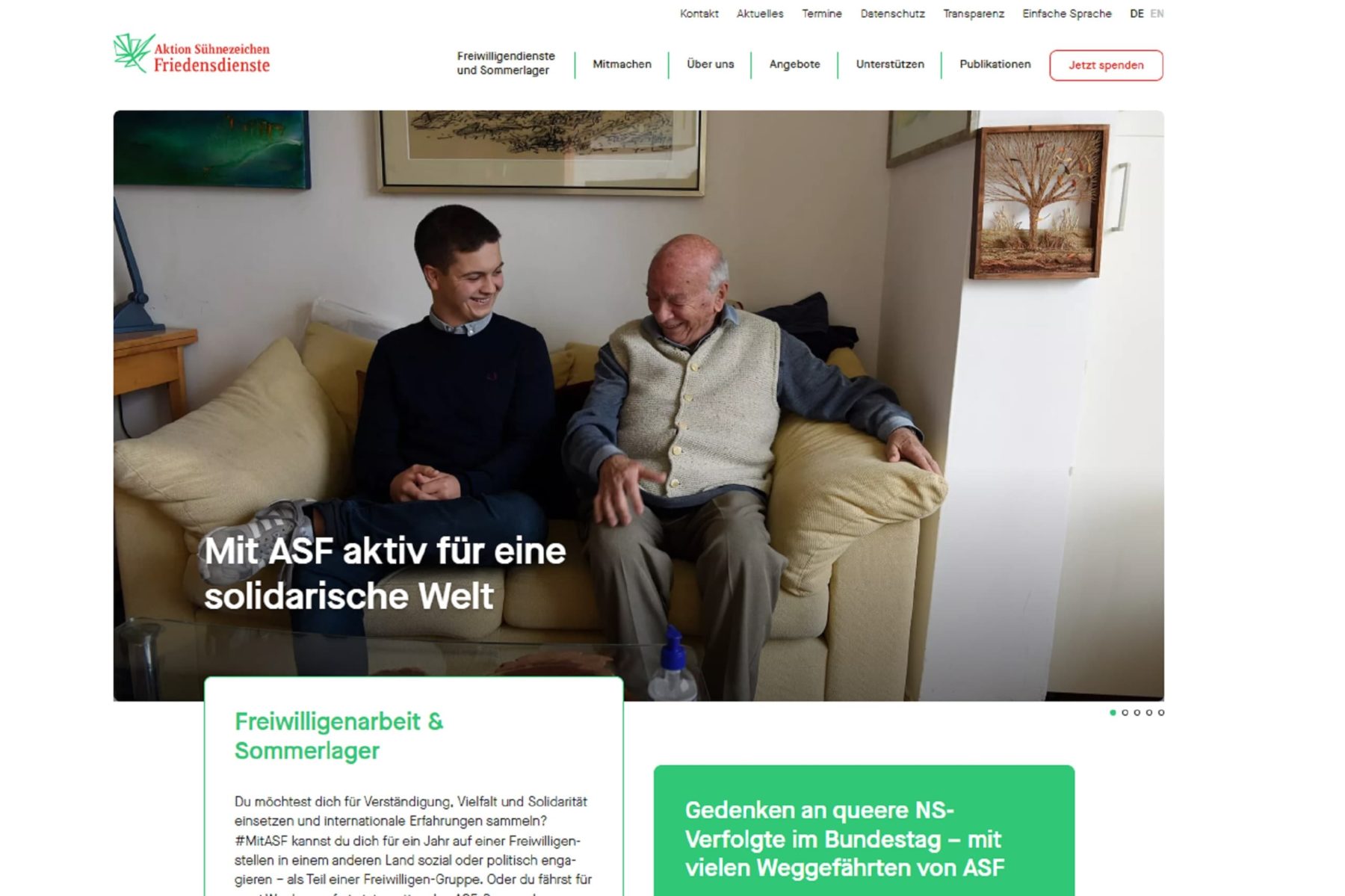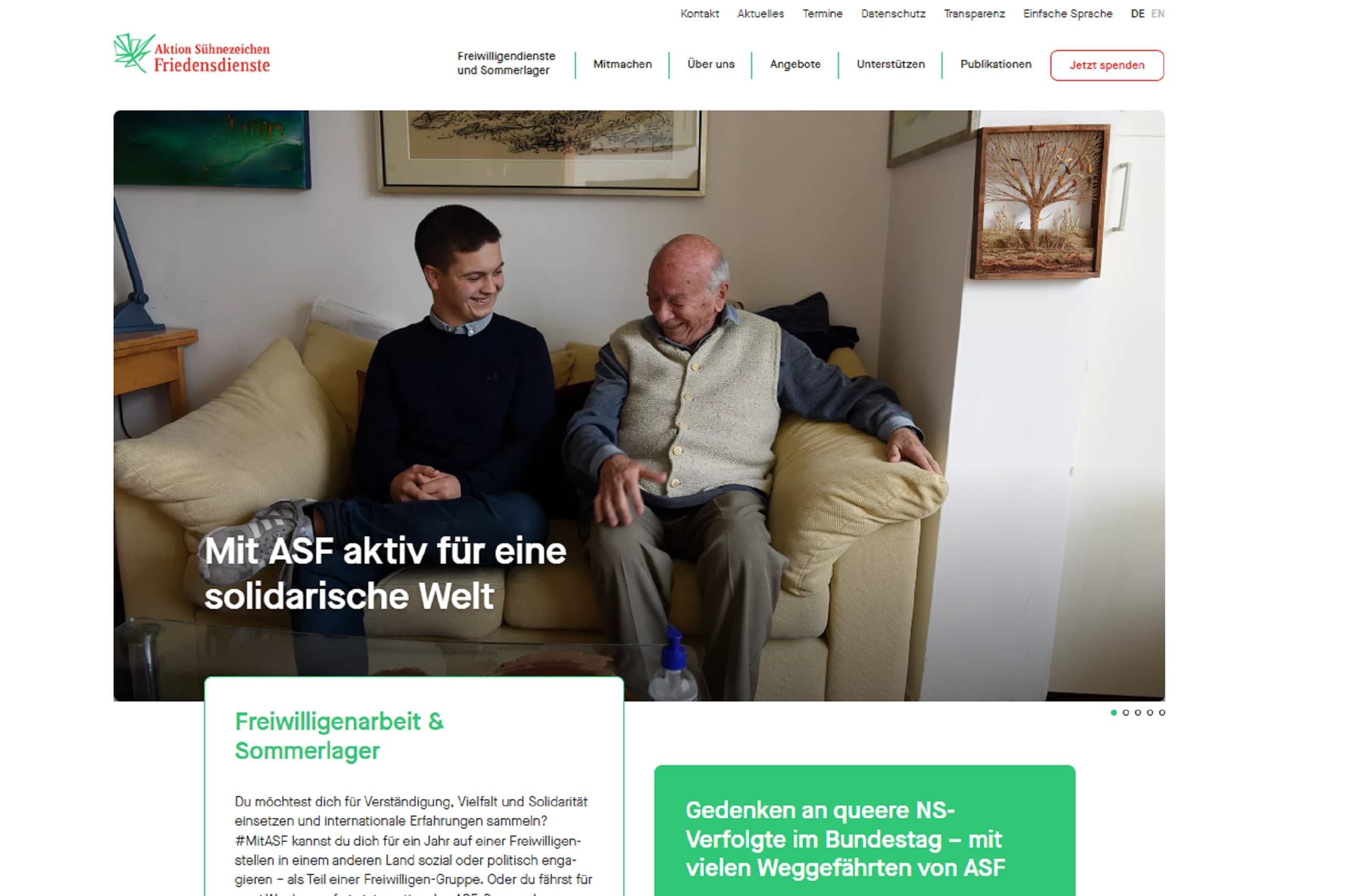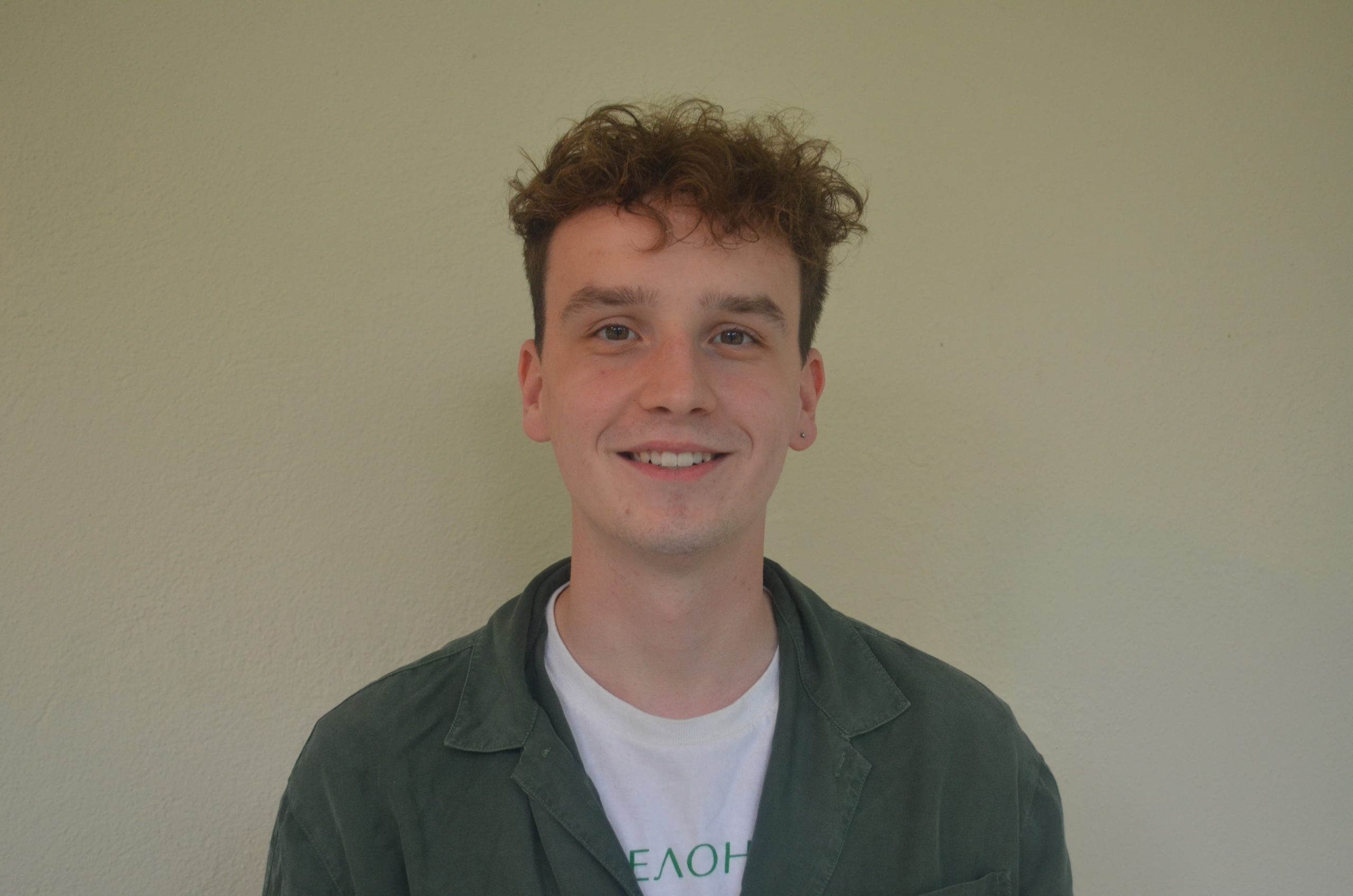Current
ASF/ARSP in new colors and shapes

So now this site will be fresher, more appealing and easier to keep track of. At least that’s what we hope and we are looking forward to their and your opinion! We ask for your understanding that some things on this site are still under construction. If you have any questions, please do not hesitate to contact us.

